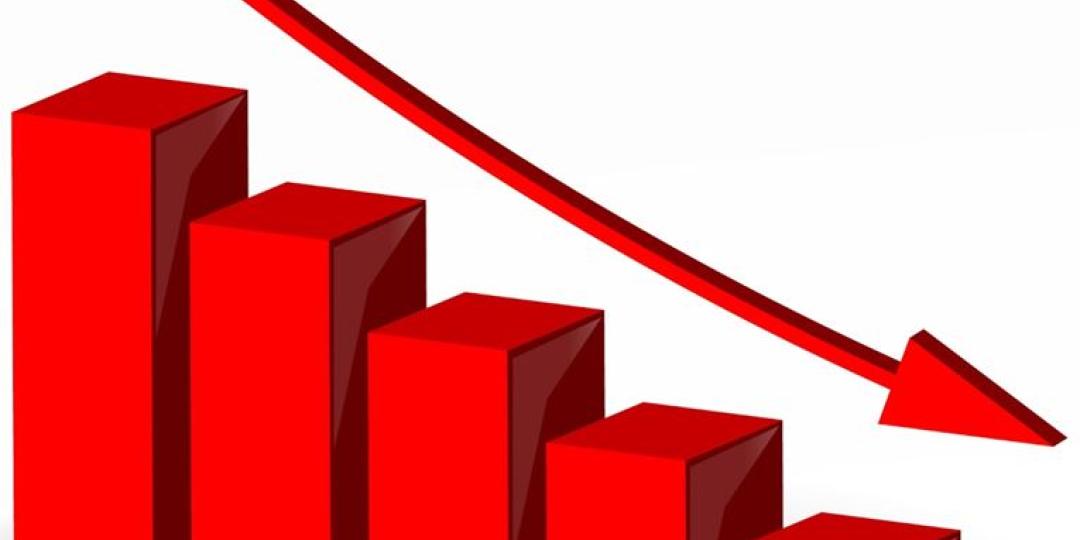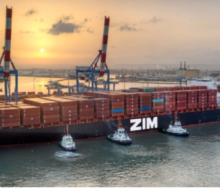Emerging market volatility is expected this week as the US and China enter another round of trade talks around tariff appeasement on Thursday and Friday, coming as it does amid hopes from around the world that a semblance of sanity will prevail.
But according to reports, Beijing isn’t showing any signs of bending to Washington’s demands, primarily centred around instituting industrial policy reforms and cutting back on subsidies for Chinese businesses feeling the fallout of US tariffs.
And in the Oval Office Donald Trump’s attention will be focused on the threat of impeachment this week as he faces Congress over accusations that he colluded with Ukranian interests to have Democratic presidential hopeful, Joe Biden, along with his son, Hunter, ‘investigated’ ahead of next year’s general elections.
In other words, with Trump facing the heat from the hill back home and China not budging on how it handles its business affairs, this week’s talks in the US capital have not exactly sparked renewed optimism that a trade truce between the world’s biggest economies is in the offing.
In the meantime Bloomberg writes that the “moving average” of emerging market data, currently trending down, is approaching a 200-day threshold which usually results in volatility, particularly given the fact that growth has been stifled for several months.
The last time emerging markets tolerated declining growth for that long was in February 2018 when volatility triggered massive upheaval due to diminishing trade figures.
With global ocean freight volumes shrinking quarter-on-quarter this year and indications that the US Federal Reserve will most likely cut interest rates tomorrow for a third consecutive time in a bid to stimulate spending, commentators believe these are all signs that trade appears to be in long decline.













